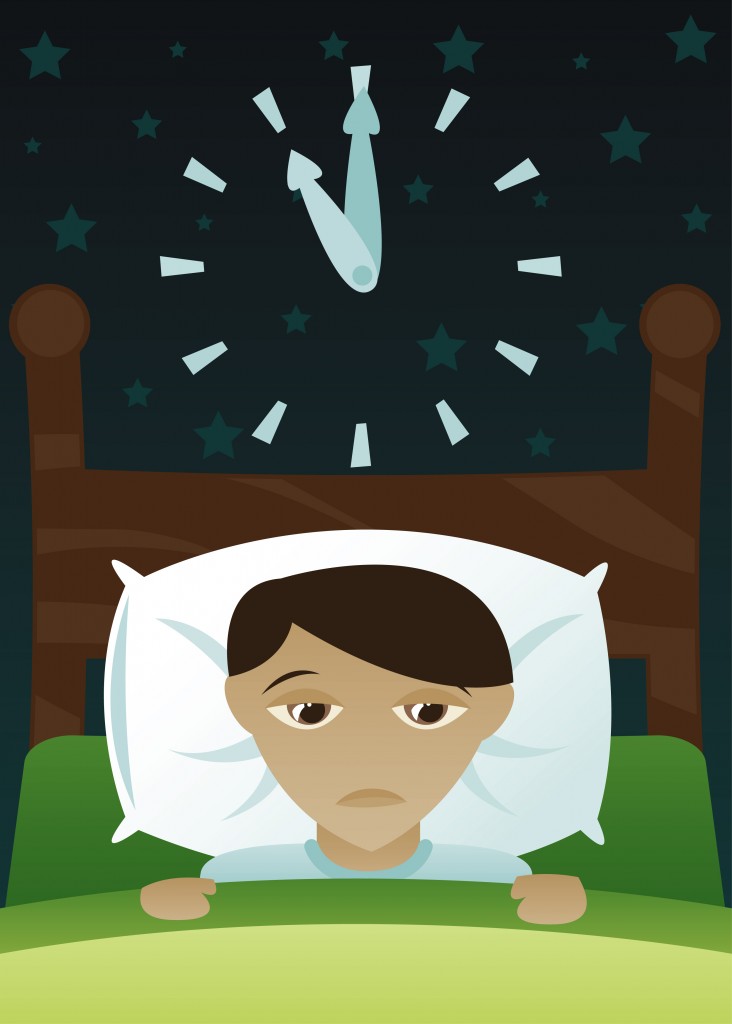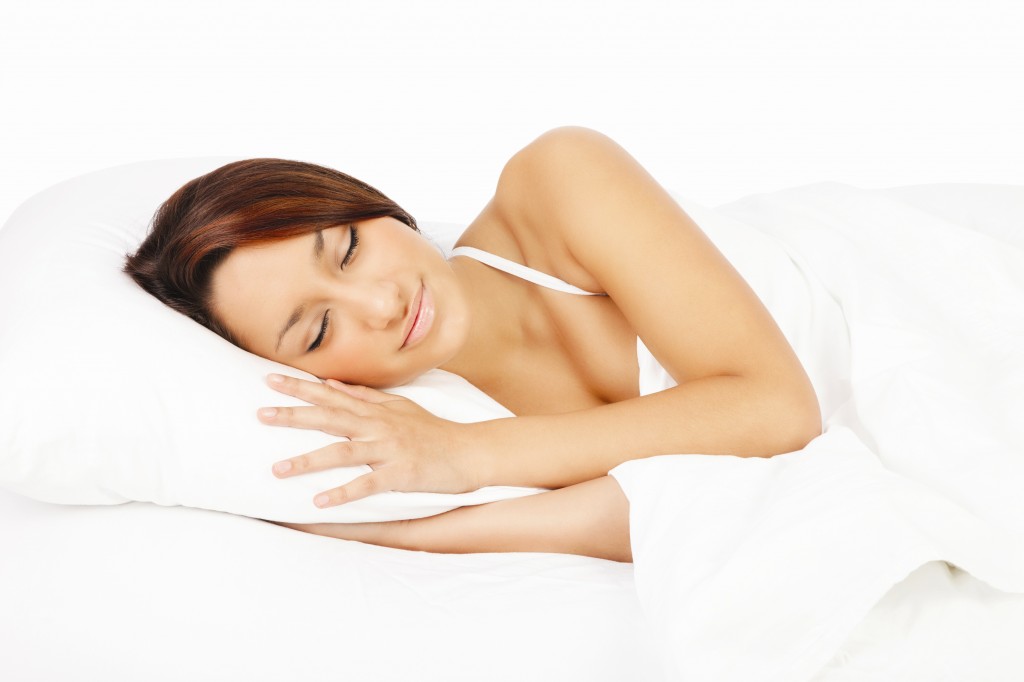 In a recent article, What is Insomina?, we defined the different types of insomnia and touched upon some common causes and symptoms. Today, we’re going to take a closer look at the many different factors that can cause insomnia. There are over ten major causes, including stress, medication and anxiety. Being aware of the causes gives you the ability to make life changes (sometimes extremely simple ones) that can help you get a better night’s sleep on a consistent basis.
In a recent article, What is Insomina?, we defined the different types of insomnia and touched upon some common causes and symptoms. Today, we’re going to take a closer look at the many different factors that can cause insomnia. There are over ten major causes, including stress, medication and anxiety. Being aware of the causes gives you the ability to make life changes (sometimes extremely simple ones) that can help you get a better night’s sleep on a consistent basis.
In all of these cases, seeking help from a medical professional, as well a trusted friend or family member, is highly advised. Here’s our list of the top 6 causes of insomnia, in alphabetical order …
Anxiety
Everybody suffers from anxiety sometimes. But some of us have more severe anxiety disorders, like post-traumatic stress disorder or constant worry that may be disruptive to our sleep and cause insomnia.
Caffeine (Nicotine & Alcohol)
Caffeine and nicotine are stimulants. Refrain from drinking coffee in the late afternoon or evening. And although alcohol is a sedative that can initially make you sleepy, it also stops your body from entering the deeper stages of sleep, causing you to wake up during the night.
Depression
With depression, you might suffer from insomnia or actually sleep too much.
Medical Conditions
Chronic pain, arthritis, asthma, gastroesophageal reflux disease (GERD), overactive thyroid, Parkinson’s disease, Alzheimer’s and other medical conditions can cause insomnia.
Medications
There is a lineage of prescription drugs that can cause insomnia. They include medications for depression, allergies and high blood pressure. Here’s a partial list of some of the meds that can cause insomnia:
- ACE Inhibitors
- Alpha-blockers
- ARBs
- Beta-blockers
- Cholinesterase Inhibitors
- Corticosteroids
- H1 Antagonists
- SSRI Antidepressants
- Statins
Stress
Like anxiety, everybody has stress in his or her lives. How we perceive the stressful event is often what drives how stressed we actually feel. If we’re feeling like stress is a heavy weight on our back, it can cause insomnia.
In addition to the issues listed above, another factor that can lead to insomnia is sleeping on an unsupportive/uncomfortable mattress or pillow. If this is the case, we suggest finding a mattress that supports your body and trying a supportive pillow like ours. Learn more about how our pillow can help you sleep better.
Thank you for visiting Natural Comfort Pillow! We wish you a good night’s rest!




 Natural Comfort Pillow has always been about doing out part to help improve the lives of our customers. Whether it’s relieving headaches, improving spine alignment, or addressing issues like insomnia or sleep apnea, our pillow has been providing relief to people for thirty years.
Natural Comfort Pillow has always been about doing out part to help improve the lives of our customers. Whether it’s relieving headaches, improving spine alignment, or addressing issues like insomnia or sleep apnea, our pillow has been providing relief to people for thirty years.